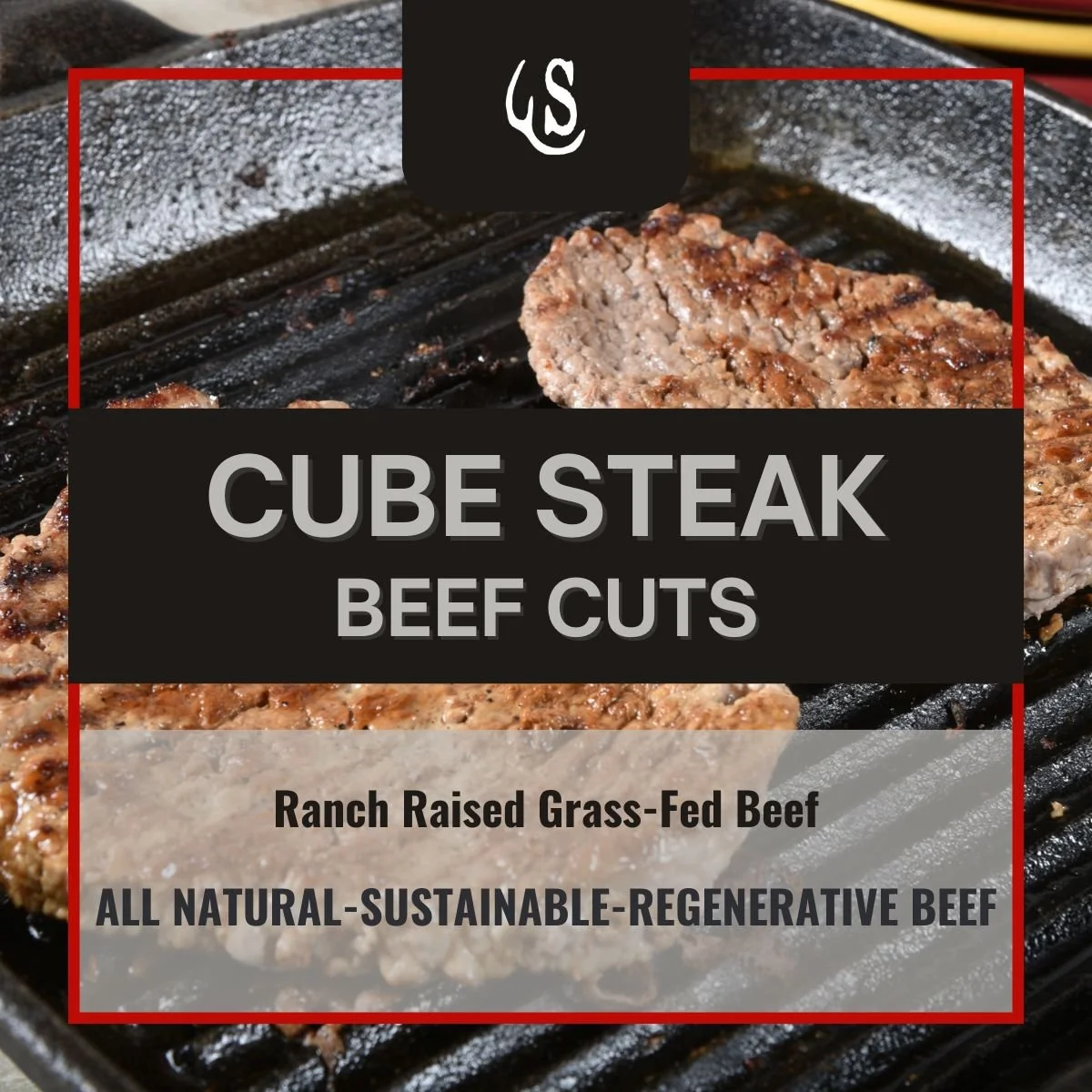Why Buying Direct from a Rancher Saves Your Taste Buds and Health
Have you ever bitten into a piece of grocery store chicken, only to wonder if you'd accidentally cooked up a slice of cardboard? You’re not alone. The quest for healthier eating often leads us down the path of bland, flavorless meats that make us question if the sacrifice is really worth it. But here’s the thing: it doesn’t have to be this way. The secret to better flavor, better nutrients, and better health isn’t in the latest diet fad—it’s in buying your meat directly from a rancher.
Better Flavor: The Taste of Real Meat
Let’s talk about flavor first. The sad truth is that much of the meat sold in grocery stores is a far cry from what it could be. The industrial meat industry prioritizes efficiency and cost over quality, which often results in meat that’s been pumped full of water and additives to plump it up and extend its shelf life. This process dilutes the natural flavors, leaving you with that cardboard-like texture and taste.
When you buy meat directly from a rancher, you're getting a product that hasn’t been tampered with. These meats are often pasture-raised, grass-fed, or finished with a natural diet that enhances the flavor profile. The difference is night and day. Imagine biting into a steak that's rich, juicy, and bursting with the deep, satisfying flavors that only come from animals raised with care. That’s the taste of real meat, and it’s something you won’t find in most grocery store offerings.
Better Nutrients: What You Eat Matters
The flavor isn’t the only thing that suffers in mass-produced meat—the nutrient content does too. Industrially raised animals are often fed a diet designed to fatten them up quickly, which can lead to meat that’s higher in unhealthy fats and lower in beneficial nutrients like omega-3 fatty acids, vitamins, and minerals.
On the other hand, meat from animals that are raised naturally—whether on pasture or with a diet that mimics their natural feeding patterns—tends to be richer in nutrients. For example, grass-fed beef has been shown to contain more omega-3 fatty acids and antioxidants like vitamin E compared to grain-fed beef. These nutrients are crucial for heart health, reducing inflammation, and supporting overall wellness.
When you buy direct from a rancher, you’re often getting meat that’s fresher and hasn’t been sitting in a warehouse or on a grocery store shelf for who knows how long. Fresher meat means more retained nutrients, so you’re feeding your body with what it actually needs, not just empty calories.
Better Health: Knowing Where Your Food Comes From
We’ve all heard the saying, “You are what you eat,” but what about, “You are what your food eats”? The health of the animals we consume directly impacts our own health. Factory-farmed animals are often raised in crowded, stressful conditions, which can lead to a higher incidence of disease and the need for antibiotics. Overuse of these antibiotics in the industrial meat industry has contributed to the rise of antibiotic-resistant bacteria, which is a serious public health concern.
When you buy from a rancher who practices responsible, sustainable farming, you’re choosing meat that comes from animals raised in healthier environments. These animals aren’t just healthier themselves; they also provide meat that’s better for you and your family. Plus, when you buy direct, you can ask questions about how the animals were raised, what they were fed, and how the meat was processed. This transparency is something you just can’t get from a grocery store.
Conclusion: It’s Time to Ditch the Cardboard and Eat Real Meat
The next time you’re staring down a bland piece of chicken or a tough steak, remember that it doesn’t have to be this way. By choosing to buy your meat directly from a rancher, you’re investing in better flavor, better nutrients, and better health. You’re also supporting sustainable farming practices and helping to build a food system that prioritizes quality over quantity.
So, ditch the tasteless cardboard diet and treat yourself to meat that’s worth eating. Your taste buds—and your body—will thank you.



